Taiwan’s Judicial Yuan Announces Draft Amendment to the IP Case Adjudication Act
Here are the highlights of what is likely to be the biggest overhaul of the IP Case Adjudication Act since it was implemented in 2008:
- The administrative remedy system for patent and trademark cases will change from the current administrative litigation system to the adversary system. If a party files an appeal with the court against a Decision rendered by the IP Office, the case will be tried in accordance with the civil procedure, and the defendant, depending on the nature of the case, may not be the IP Office, but instead may be the opposing party such as an invalidation petitioner, or the applicant of a cancellation action.
- Civil disputes relating to patents, software copyrights, and trade secrets will be mandatorily represented by lawyers. Unless the value of the plaintiff’s claim is low, that rule will be valid for other civil cases too.
- In principle, the court should discuss with the involved parties via their lawyers regarding the planning of a trial unless the case does not require legal representation. In patent litigation cases, the judge shall, in a timely and appropriate manner, disclose his or her interpretation of any disputed terms recited in the claims, ex-officio or upon the request of a party.
- Currently, reports drafted by court experts formally known as Technical Examination Officers (TEOs) are not disclosed to any parties. The Amendment now makes it clear that when a judge deems it necessary, he or she may disclose all or part of the content of the Reports drafted by TEOs and the parties may be given a chance to debate the report’s contents.
- In the event of an infringement of patent rights, software copyrights, or trade secrets, if the plaintiff has made a prima facie showing of infringement, the defendant should make a concrete defense and provide the facts and evidence regarding his or her denial of infringement. This will lessen the burden of proof resting entirely on the plaintiff.
- To reduce the duplication of lawsuits, the Amendment now states that, when an IP right exclusively licensed to a third party is undergoing litigation, and such litigation has been initiated by the IP right holder, the exclusive licensee shall be notified to ensure that he or she has an opportunity to participate.
- Concerning amendments, when the patentee/plaintiff has amended the patent claims before the IP Office, he or she should make a report to the court. Otherwise, the patentee can only claim his or her right based on the claims prior to amendment.
- New evidence may be submitted during the invalidation process if the patentee has no objection providing that the new evidence is to strengthen the very same legal grounds of the case.
- The court may, upon request, designate a neutral technical expert to carry out the verification task in evidence gathering proceedings. The court can also publicly solicit, via its official website, written comments from the public on specific legal issues of the case.
- The IP and Commercial Court has exclusive jurisdiction over civil and criminal lawsuits relating to trade secrets infringement. If the criminal lawsuit relates to state level technologies, it should start from the appellate instance IPC Court.
- Victims are allowed to participate in the trial procedure according to the provisions of the Criminal Procedure Law on victims’ participation in litigation.
Taiwan Invalidation Action Statistics
509 decisions on invalidation actions were made between January 2021 and June 2022, 271 of which were against utility model patents, 178 were against invention patents and 60 were against design patents. 60% of the invalidation actions were filed by what is legally defined as natural persons. Most of the patents against which invalidation actions were filed are owned by local natural persons or legal entities. Two thirds of the invention patents involved in invalidation actions are owned by local natural persons or legal entities and one third is owned by foreigners. Concerning the examination period for invalidation actions for utility model patents, during the abovementioned time period half of the decisions were arrived at within one year. The time period needed for examining invalidation actions against invention patents was within two years. The success rate of revocation of utility model patents via invalidation actions was 60%.
Taiwan Revises the Examination Guidelines on Certification Marks, Collective Membership Marks and Collective Trademarks
The Taiwan Intellectual Property Office has revised the abovementioned examination guidelines to help businesses better understand the Geographical Marks protected under the Trademark Act and subsequently enhance the quality of patent examinations. The main highlights of the changes, which took place on October 1, 2022, were as follows:
- The name was revised to the Examination Guidelines on Certification Marks, Collective Membership Marks, and Collective Trademarks in order to reflect the sequence of the provisions.
- A chapter on Geographical Marks was added to explain the registration process in Taiwan for the application of a geographical certification mark and geographical collective trademark.
- Regarding the applicant’s declaration of not owning a business that is involved in the manufacturing or marketing of goods or services of the kind being certified, the applicant will be forbidden from registering a trademark in the same scope. Otherwise, the applicant will be considered in violation of impartiality and the terms of the declaration.
- When applying for a certification mark, the applicant is permitted to list the overarching category in the name of the product or service being certified. However, to ensure that the name clearly corresponds to the conditions of use set forth in the regulations governing the use of certification marks, as well as to facilitate applications for the utilization of certification marks by any third parties, TIPO has followed the international trend and requires that the names of products and services abide by the NICE classification system.
- The names of the products or services listed for products or services being certified should match what is listed in the regulations governing the use of the certified mark and the application and shall not extend beyond the scope listed therein.
Trade Secrets Involving National Core Key Technologies to Be Protected Under the National Security Act in Taiwan
The amended National Security Act has incorporated several provisions that relate to the protection of trade secrets of national core key technologies, increasing the severity of penalties for a convicted offender. Also, the amendments stipulate that the Intellectual Property and Commercial Court has jurisdiction over cases involving trade secrets of national core key technologies and that the cases may be tried by a professional tribunal or a dedicated division designated for such purpose. Some of the most significant changes are as follows:
- Any person obtaining trade secrets for the purpose of illicit gain for him or herself or for a third person, or inflicting a loss on the holder of a trade secret, by way of theft, embezzlement, fraud, duress, unauthorized reproduction or without authorization, reproducing, using or disclosing trade secrets or failing to delete, or conceal trade secrets after the owner has ordered that the trade secrets must be deleted shall be sentenced to a maximum of 5 years imprisonment and, in addition, pay a fine between NT1 million and NT10 million.
- Any person committing a crime as described in Point 1 above, for the purpose of using trade secrets for personal gain or for a third person in a foreign country, including China, Hong Kong and Macau shall be sentenced to imprisonment between 1 year and 10 years and, in addition, pay a fine between NT3 million and NT50 million.
- Any person committing a crime as described in Point 1 above, and which involves trade secrets of national core key technologies, for the purpose of using such trade secrets for personal gain or for a third person in a foreign country, including China, Hong Kong and Macau shall be sentenced to imprisonment between 3 years and 10 years and, in addition, pay a fine between NT5 million and NT50 million.
- Any person engaging in the following acts mentioned in Point 1, and which involves trade secrets of national core key technologies, for the benefit of a foreign country, China, Hong Kong, Macau, or various organizations established or substantially controlled by them shall be sentenced to imprisonment between 5 years and 12 years and, in addition, pay a fine between NT5 million and NT100 million.
China Ranks 11th on the Global Innovation Index (GII) 2022
The World Intellectual Property Organization released its Global Innovation Index rankings on September 29. The GII has two top level sub-indexes – innovation input ranking and innovation output ranking. These are further split into seven pillars, assessing institutions, knowledge, technology output and several others. Below these, there are 81 indicators. China was the top performer in 9 indicators. In the innovation input category, they were: number of firms offering formal training, domestic market scale, and PISA scales in math and science. In the innovation output category, they were patents by origin, utility models by origin, designs by origin, trademarks by origin, labor productivity growth and creative goods export. This is a result of surging R & D investment from 2012 to 2021, which increased from 1.03 to 2.79 trillion yuan.


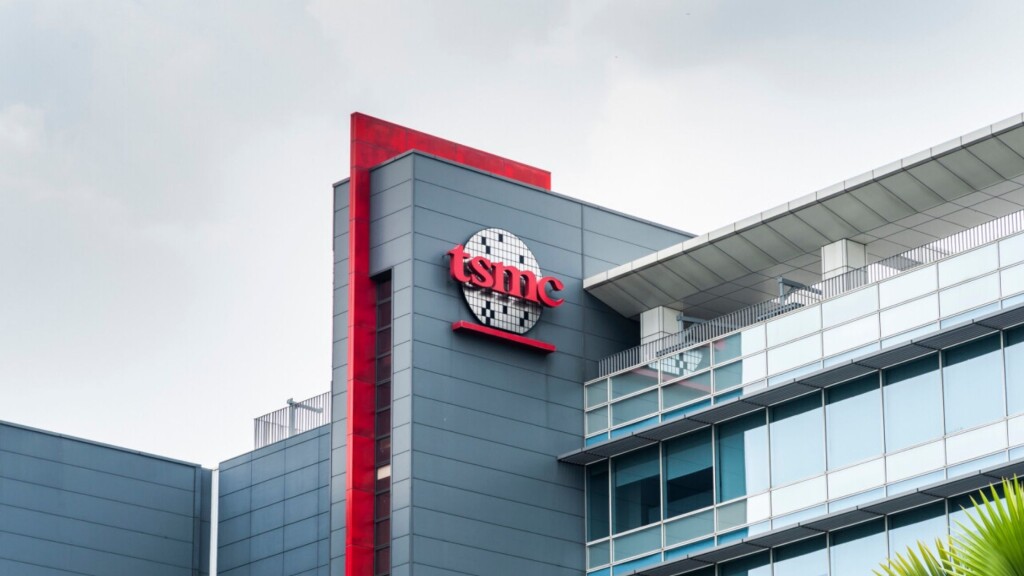


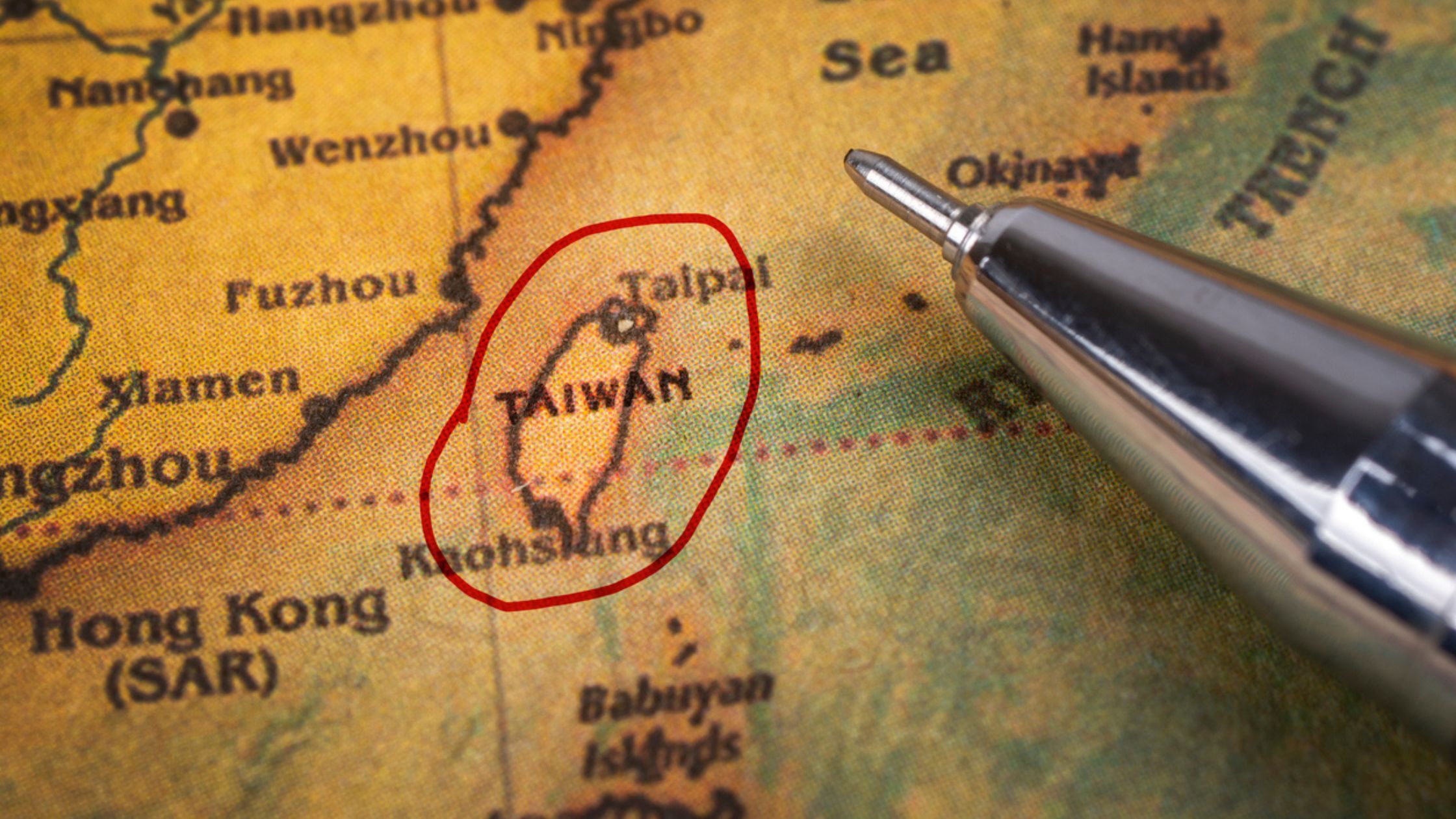
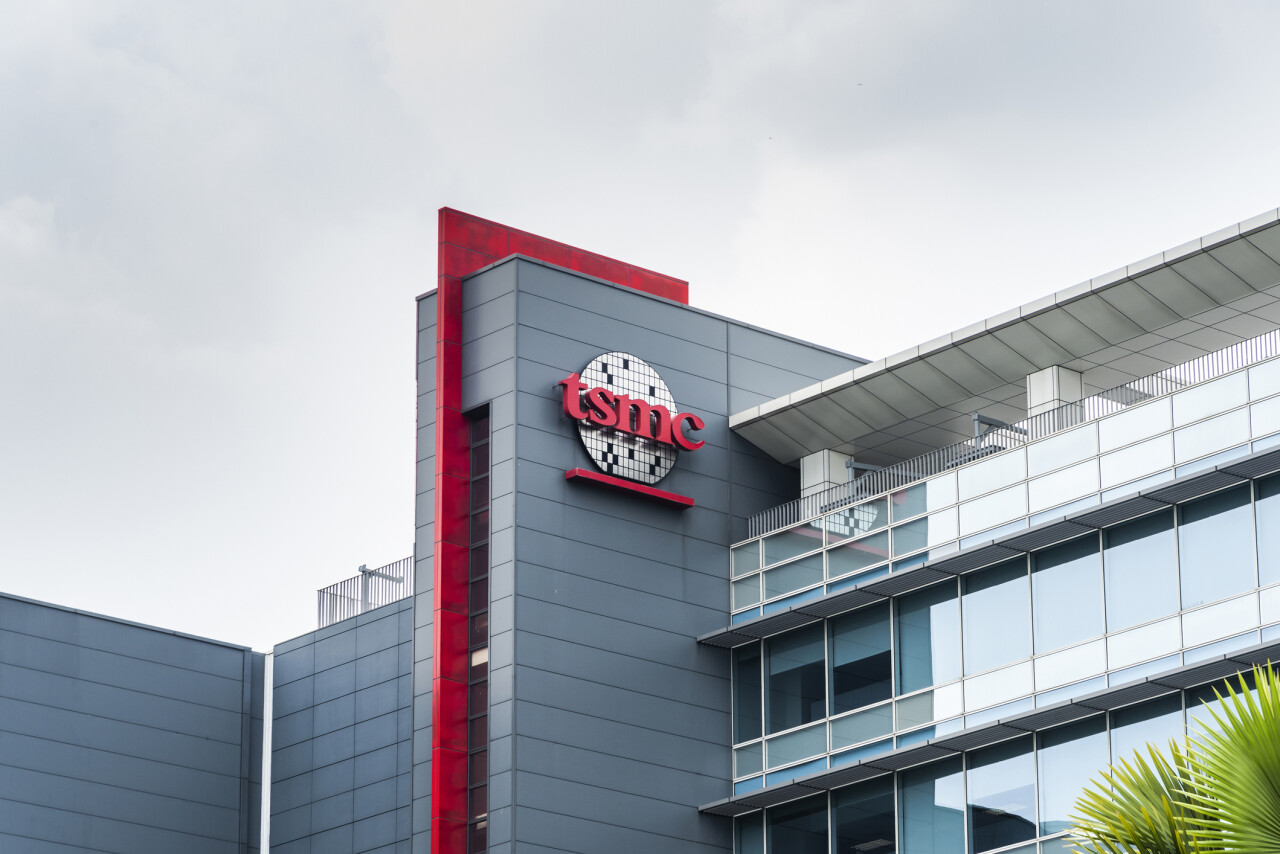


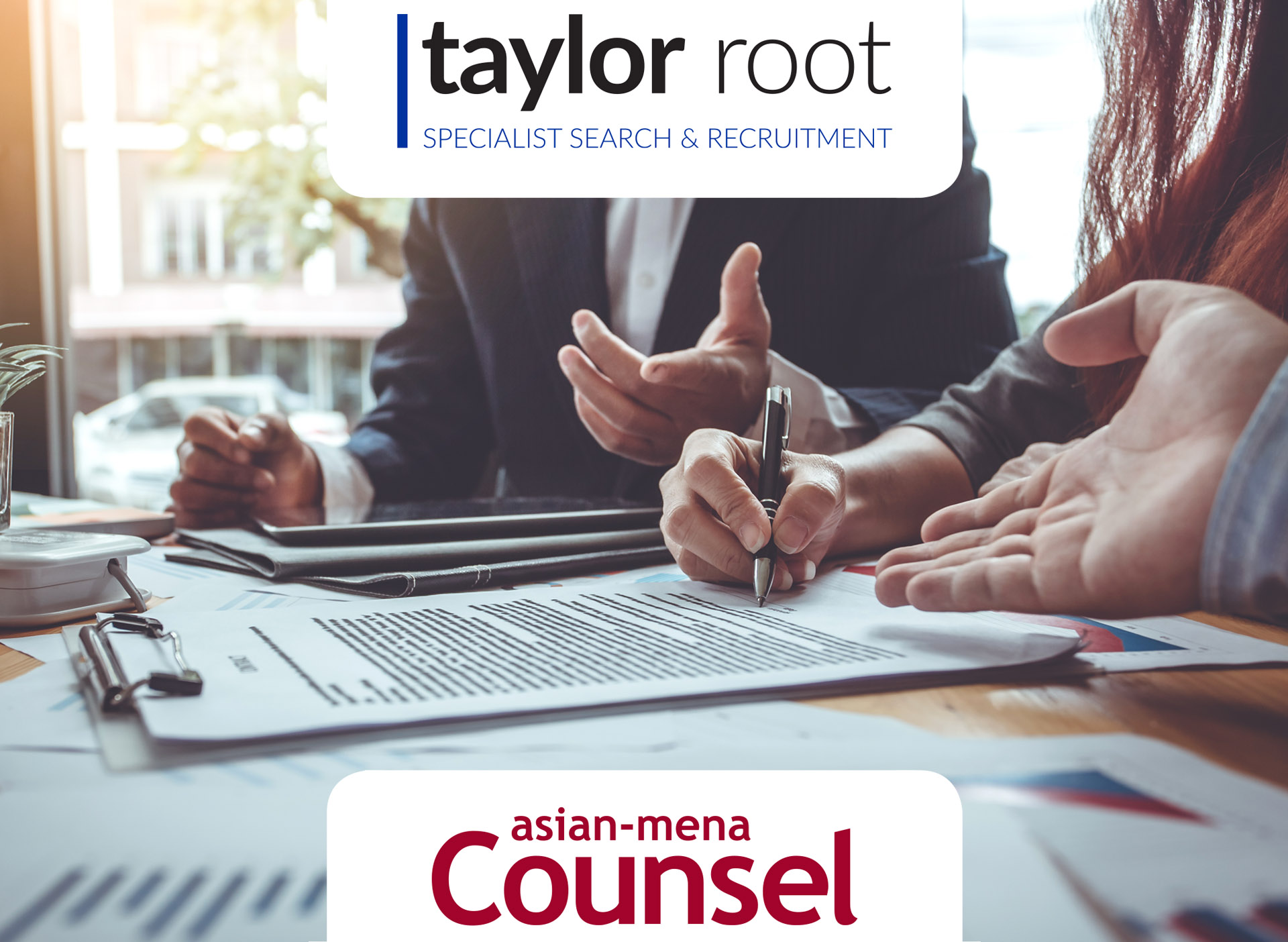



 Deep & Far Attorneys-at-law
Deep & Far Attorneys-at-law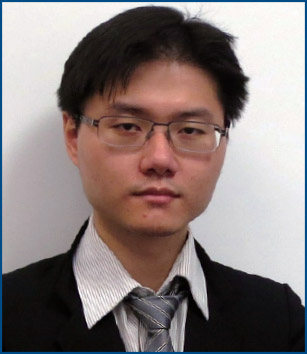 Yu-Li Tsai
Yu-Li Tsai Lu-Fa Tsai
Lu-Fa Tsai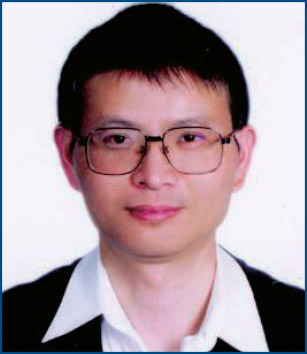 C. F. Tsai
C. F. Tsai







